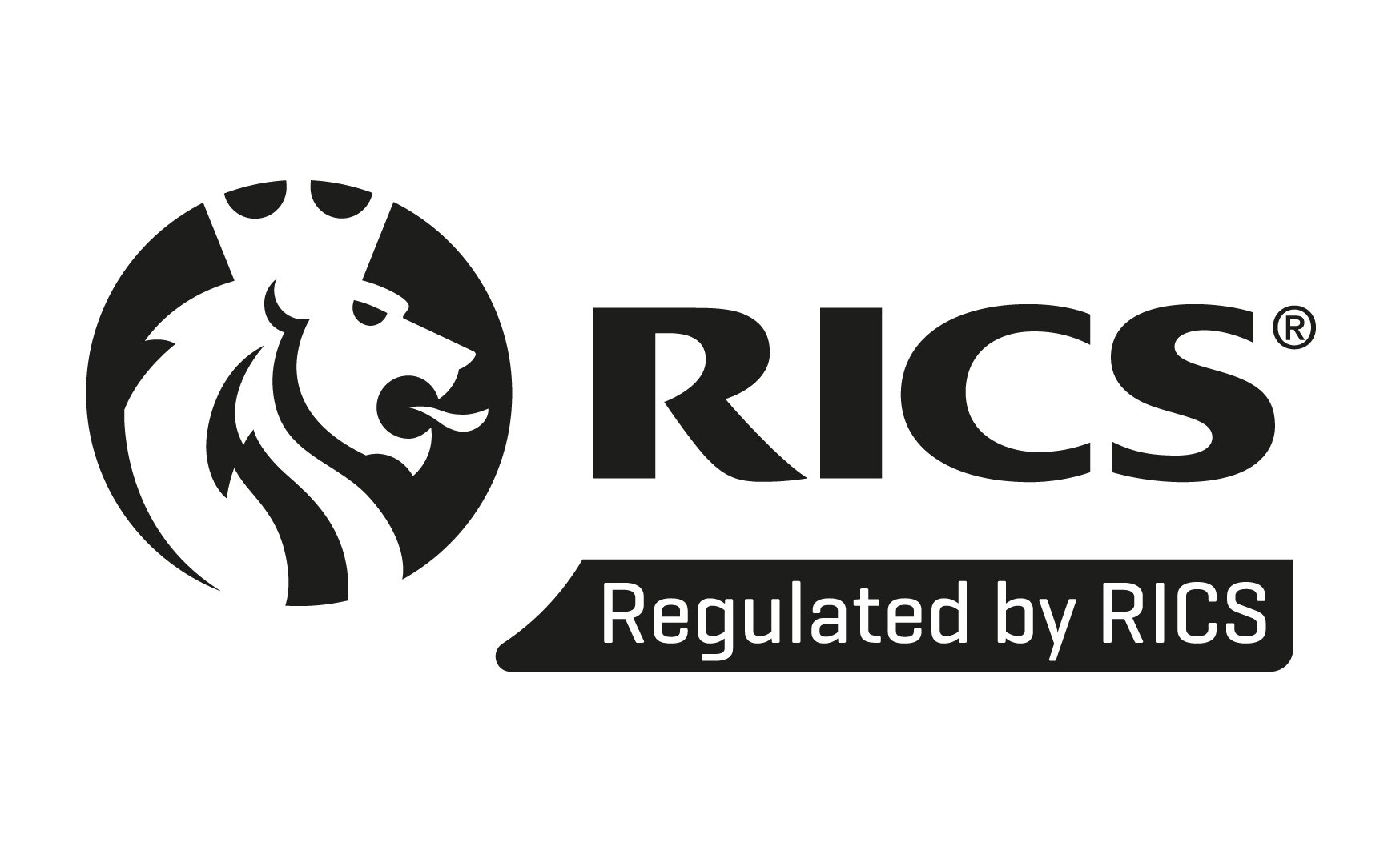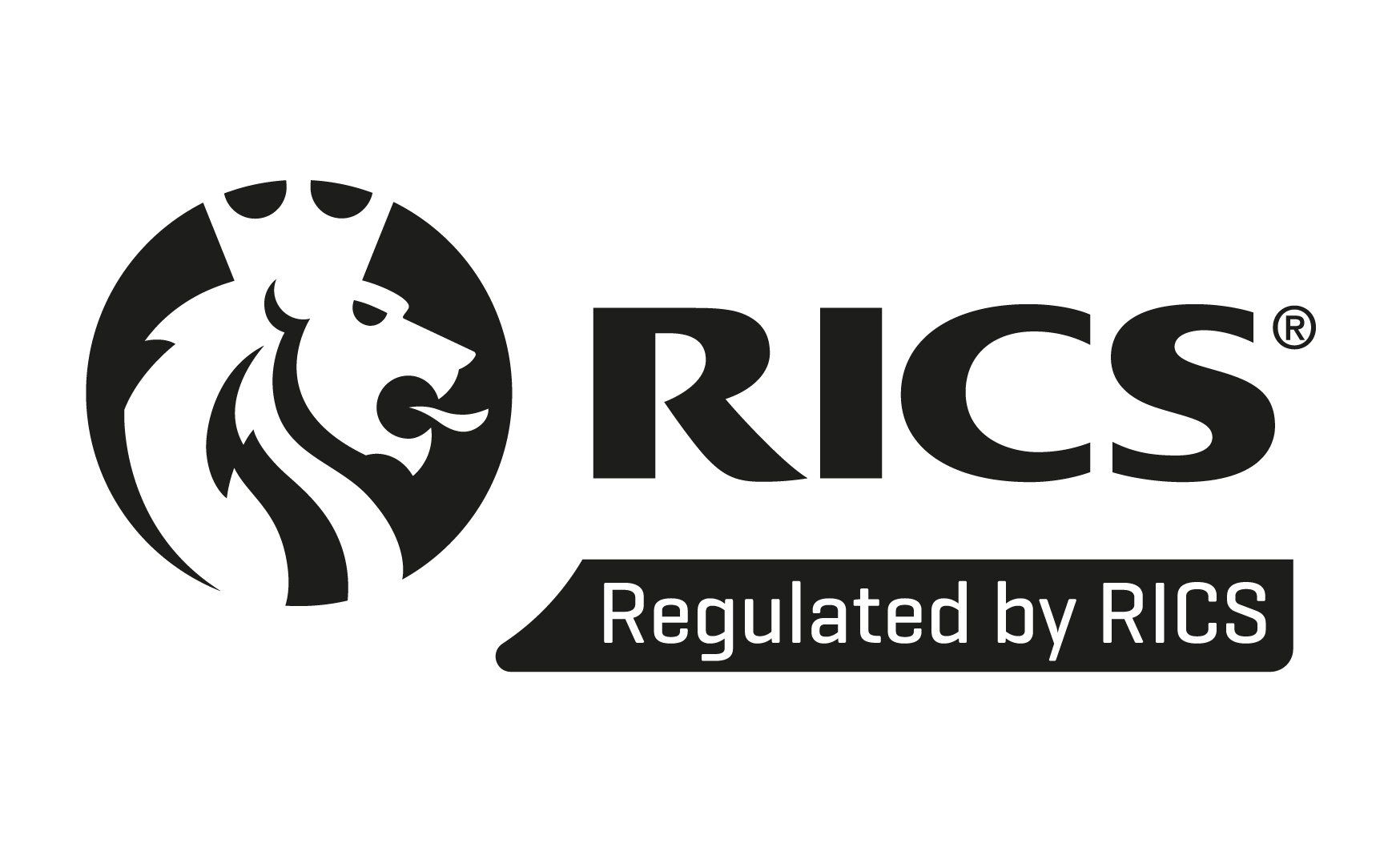What is Arbitration?
What is Arbitration?
Arbitration in a sentence Arbitration is a binding, non-judicial dispute resolution process.
What it is
Arbitration is a process by which parties obtain a resolution to a dispute by getting a decision from a third party. That decision is final, and the parties must abide by that judgement. Unlike mediation, the parties to arbitration only consent to the process itself; the final decision is imposed upon them rather than being a resolution which they have agreed between themselves.
Most commonly, arbitration is used between two parties that have a pre-existing commercial relationship. The typical situation is where there was a contract for the supply of goods or services, and one-party claims that the other has failed to meet their obligations under the contract. It is very uncommon, though not impossible, for arbitration to be used in non-commercial situations.
Who’s who
Arbitrator
The arbitrator has a single key responsibility, to make the final decision on the dispute. Their decision is binding on the parties.
However, they have additional responsibilities to ensure that the proceedings run smoothly and efficiently and the arbitrator can order parties to undertake particular actions in furtherance of this.
Advocates
These are lawyers or other specialist advocates who represent the parties to the dispute. They will advise their clients, make requests to the arbitrator, and communicate with the opposing advocate about the dispute. Advocates are likely to be qualified lawyers, and therefore will be governed by specific professional codes of conduct.
Parties
Parties to a dispute can be “natural persons”, corporate entities, public bodies, or even sovereign nations. They are the individual bringing the claim, “the claimant”, or defending the claim, “the defendant” or “the respondent”, and will not necessarily have any knowledge or experience of Alternative Dispute Resolution processes. They may not be bound by any specific professional codes of conduct.
Specialist advisors
In addition to advocates, parties may instruct specialist advisors to help them construct or defend their claim. This is often true where a case involves particular issues such as taxation or technical engineering problems.
Witnesses
A witness is an individual that presents evidence to the arbitrator. Their role is to provide the arbitrator with additional information that will assist them in making their decision. These witnesses may either be witnesses of fact, or expert witnesses, who are witnesses of opinion.
Public
Unlike courts, many arbitration proceedings are private, and the public has no right to view documents, hear arguments, know of the outcome, or even know that a dispute has been brought. This will frequently be governed by the terms of an arbitration agreement.
Why do parties go to arbitration?
There is a dispute
First, to go to an arbitration, there must be a dispute. A claimant might believe that an event has occurred, which puts an obligation on the respondent. The respondent either (a) does not agree that the event occurred, or (b) does not agree that the event created an obligation.
As another example, the claimant states that the defendant failed to deliver goods on time. The claimant states that the defendant owes damages as a result of this. In line with the previous paragraph, the defendant might disagree because they say the goods were delivered on time, or (b) they say that late delivery does not create an obligation to pay damages (perhaps because of some excusable intervening event like an unforeseeable storm).
Mandatory – per existing contract
In order to go to arbitration, it is not sufficient to simply have a dispute. Because arbitration is extra-judicial, both parties must agree to have their dispute settled by arbitration.
In England and Wales, this means that there must be an arbitration agreement that is evidenced in writing. There is no set form for these agreements; they can be as simple as “any dispute under this contract will be resolved by arbitration”, or they can be many pages long. Oral agreements to arbitrate can in some circumstances be valid; however, they give rise to additional legal complexity.
An arbitration agreement is necessary because arbitration deprives parties of the right to take their dispute to court. An arbitrator would not be willing to hear a case if they were not convinced that the parties had both agreed to the process. Likewise, a court would not turn away parties unless it could be clearly evidenced that they had both agreed to renounce their rights to courtroom proceedings.
Most commonly, there will be an arbitration agreement in the original contract between two parties. If this is the case, even if one party can invalidate the contract, the arbitration agreement will be separate and still binding.
Voluntary – agreed between parties as best way to resolve
Much less frequently, parties with no prior arbitration agreement may decide to use arbitration to resolve their dispute. This might be the case where two parties had an informal trading relationship but no contract. They may decide that arbitration is a more efficient way to resolve their dispute. If they wish to do this, they must still create a binding written arbitration agreement.
What can they get?
Where does arbitration get its power? – the law of contract (and statute)
Arbitration is an artefact of contract. What this means is that the entire process derives its power and authority from the fact that two parties have agreed to make use of an extra-judicial alternative dispute resolution process. They have effectively said “I agree to be bound by the decision of the arbitrator.” This is distinct from the power of a court. No party has to say “I agree to be bound by the decision of the judge.” The judge’s power comes from the power of the state.
It is important to understand this because it is directly connected to the limits of arbitration. Arbitration can only decide matters that are within the power of contract. For example, it could deal with breach of contract, ownership of property, or defamatory statements.
By contrast, arbitration cannot deal with the custody of a child, a criminal case, or a divorce (although it can be used for financial and other matters).
These are matters which require the exercise of authority by the state via a courtroom. It is therefore essential for users to be aware of the limits of an arbitration, and the limits of what subject matter can be dealt with.
What can be ordered?
The ultimate goal of all arbitration is the Final Award. This is the complete resolution of the matter, and the decision by the arbitrator as to whether there is any liability and what payments or other compensation is required.
There are also limits to what the arbitrator can order. An arbitrator cannot impose jail sentences or order a party to pay fines. Also, the tribunal cannot order a public law remedy such as disqualifying a person from driving or establishing an easement.
Rules and regulations
Although arbitration is a matter of contract between parties, there are external rules which govern these arbitrations. It is essential that users understand that arbitration works with the domestic legal system not outside it. Arbitrators and parties cannot simply contract out of the rules of their jurisdiction.
Seat of the Arbitration
One of the key terms is the “seat” of the arbitration. This refers to the country within whose jurisdiction the arbitration is to take place; it often, but not necessarily, also refers to the physical location of the arbitration hearing. This is a critical question as the seat of arbitration will govern which set of national laws apply to the dispute. In Domestic Arbitration, the seat of the dispute will be England and Wales.
Arbitration Act 1996
In England and Wales, arbitration is governed by a key piece of legislation: The Arbitration Act 1996 (“The Act”). The Act is based on the UNCITRAL Model Law, which was adopted by the UN in 1985 as a standard way for nations to introduce rules into their jurisdiction on arbitration. When drafting the Act, provisions were made as clear as possible so that they would be “readily comprehensible to the layman”. This act applies to all arbitrations where the seat is England and Wales.
In general, the Arbitration Act has two types of rules, those which are mandatory and those which are non-mandatory. For example, it is mandatory that arbitration agreements be in writing. Wherever a mandatory rule from the Arbitration Act conflicts with an arbitration agreement, the mandatory rule will take precedence.
Case law
Reference to court cases are in the form of Smith v Jones [2003] EWCA 234. In the United Kingdom, the past decisions of the Higher Courts are binding on future court hearings; the interpretations of the courts are binding and constitute part of the UK law. The power of court decisions is known as “the common law”.
Court cases are often available in full via services such as BAILII, or from various library or online databases such as Westlaw and Lexis Library. They can be extremely challenging to interpret for non-lawyers and it is always advisable to seek professional legal advice.
Civil Procedure Rules
The Civil Procedure Rules govern the management of cases in civil courts in England and Wales. Although arbitration is an extrajudicial process, these rules still have a significant impact on arbitration processes. These rules are extremely complex and it would be advisable for a party to be aware of the need to take advice on the impact of these rules.
Arbitration Rules
Additionally, each arbitration will be governed by a specific set of procedural rules selected by the parties or specified in the arbitration agreement. One such set of rules is the CIArb Arbitration Rules; however, there are many different sets of rules. They may specify matters such as procedure, arbitrator independence, timescales, and rules of evidence. It is essential to understand which set of rules applies to a given arbitration.
Industry Schemes
One important sub-set of arbitration rules is industry arbitration schemes. These are schemes set up by professional bodies that all registered members must use. They will have a fixed process and body of rules to ensure consistency between similar disputes. They may also have an appeals body or other professional oversight mechanism. When an arbitrator is involved with an industry scheme arbitration, they should always have regard to guidance issued by the relevant professional body. When in doubt, they should consult with that body where necessary to ensure that they are acting consistently with the scheme guidelines.
If you have a requirement for an Arbitrator or an expert witness for Arbitration, please feel free to contact us. Our trained expert witnesses are here to help.




